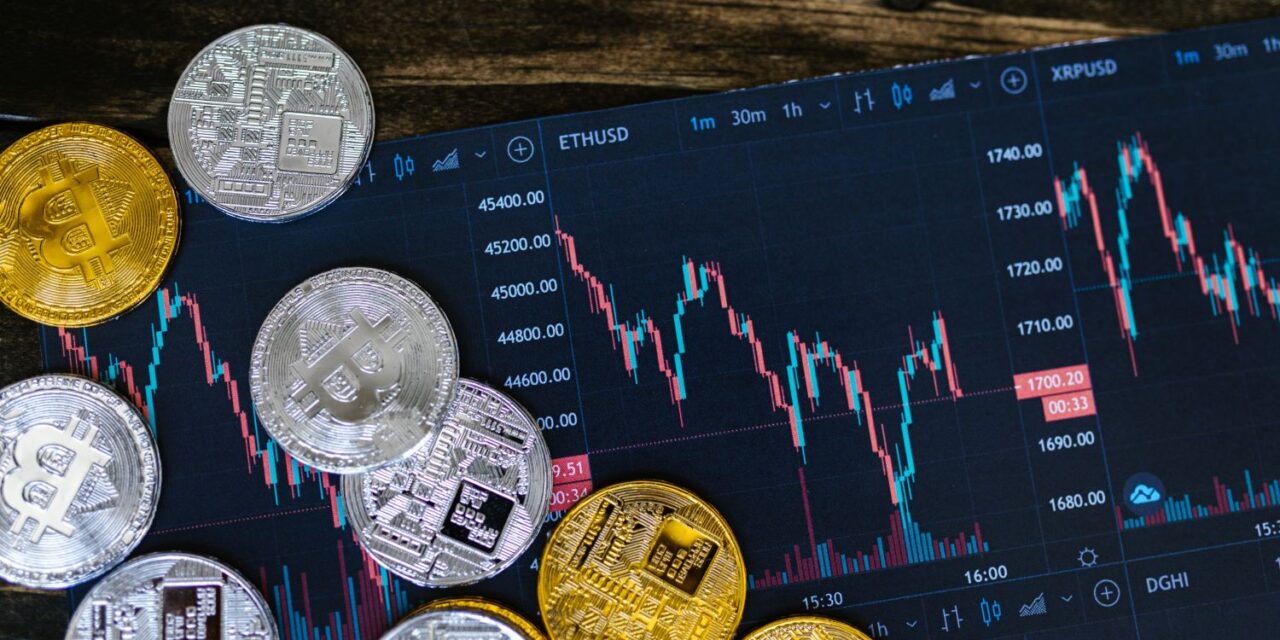Author Katrina Shanks, CEO Financial Advice NZ. Article originally published in stuff.co.nz.
OPINION: The news this week of the voluntary liquidation of Auckland-based cryptocurrency exchange Dasset has caused a lot of anguish and uncertainty among customers even before the liquidators properly get into their work.
One online group of customers say they have been locked out of accounts holding between $3000 and $40,000. Another says he has been trying to withdraw $47,000 since March.
And that’s only the ones who have spoken out.
Many say they have been trying to withdraw their money for three months but not received any response from the company. One family says their entire life savings were in cryptocurrency held by the company.
Till the liquidators report back (which could be months) we won’t know exactly what has happened here. For many investors that have used Dasset this will be a very distressing period.
So just how safe are cryptocurrencies as an investment?
First, let’s look at how they work.
Cryptocurrency is a class of asset designed to create a digital currency through advanced cryptography, which protects information and communications through the use of codes, so only certain people can read and process it.
Each transaction you make is recorded in a public list called a blockchain, which is the underlying technology that powers digital ledgers that can be shared over public or private networks and tracks transactions.
When you own crypto, you get a password (a key) that allows you to access it on the blockchain so you can conduct transactions. You keep these keys in a wallet to keep them safe.
Wallets are either hardware wallets (which look like a USB stick), paper wallets (where you write down your key), or online wallets (maybe an app, which makes using crypto as easy as shopping online with a credit card).
Your keys prove your ownership of the crypto and allow you to make transactions. If you lose your keys, you lose access to your money. That’s why it’s important to keep your wallet safe. You can do this yourself or use a wallet provider, known as a custodian.
Investing in crypto is very different to buying shares, where you are investing in a company where you have transparency on the company’s financial performance and its strategy and governance.
With crypto, you are buying tokens of a particular currency to use as a form of payment, or you can hold on to them and hope they increase in value, which happens when a lot of other people want them.
New Zealand’s financial industry watchdog, the Financial Markets Authority rates crypto as “high risk, speculative products that operate differently to traditional investments”.
Its website has six warnings about cryptocurrencies:
- They’re high risk and highly volatile – the price can go up and down very quickly.
- They’re not regulated in New Zealand and the extent they are directly regulated internationally varies from country to country.
- If you want to trade/transact cryptocurrencies or crypto-assets, then use a New Zealand-based trading platform because they offer a minimum level of protection.
- New Zealand-based trading platforms must be registered on the financial service providers register and belong to a dispute resolution scheme.
- Cryptocurrencies, crypto trading platforms and the people that use them are often the targets of hacking, online fraud and scams.
- If you choose to use offshore service providers to trade in crypto-assets, you increase your risks, and remove any protection you might have from using a New Zealand-based provider
In addition to those, there are some generally accepted tips that anyone considering moving into investing in cryptocurrencies should consider.
One rule of thumb is not to make crypto more than 3-5 per cent of your investment portfolio. That way you’re not putting too much at risk, at least till you become more experienced with it.
Because crypto can be very volatile, with the price bouncing around a lot, they should be treated as a long-term investment – perhaps 5 -10 years. In which case, it’s probably not a good idea to check the price every day or you may be scared into selling at the wrong time.
One trader described it this way: “If you’re a knee-jerk investor who looks at their investment every day, you’re going to get scalped.”
Most importantly, make sure you organise your security and custody arrangements carefully.
More experienced people might prefer to manage their own accounts, but those who are new to crypto, and don’t want that responsibility or find it too intimidating to deal with all the tech involved, might be advised to use a third-party custodian or exchange.
But choose very carefully. Seek advice or do your own very thorough research to make sure they are trustworthy, sound, and have reliable backing.
I don’t have any cryptocurrency – it goes beyond my risk tolerance.
As my financial adviser would say, look very, very closely before you leap.
– ENDS –





